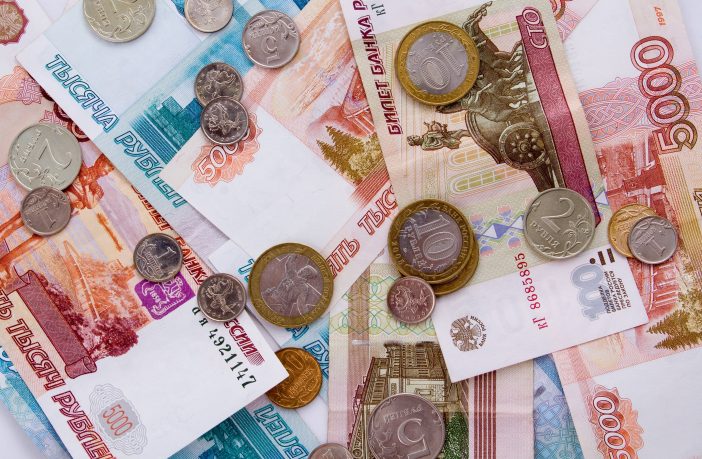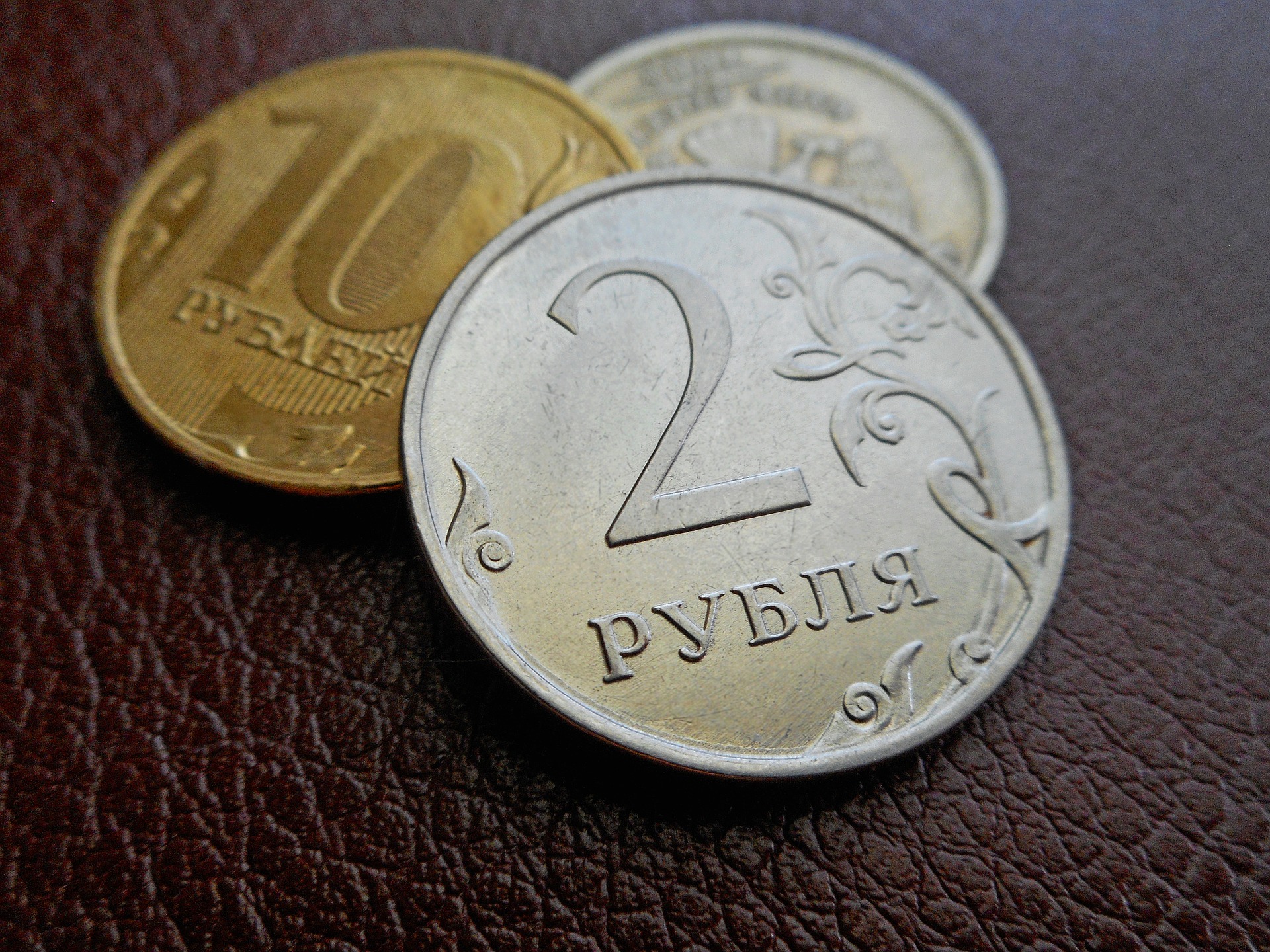The calm before the storm
According to Investec and Nomura specialists, Russian investors are not expecting anything good in 2019. According to their analysts, the ruble will continue to fall due to future sanctions, which will lead to an immediate decline in Russian assets.
Next came the accusations of Russian agents in the poisoning of the Skripal family in Salisbury. After that, it was not long before charges were filed for interfering in the United States presidential election. All of this, of course, had an impact on the Russian Federation’s asset price. As a result, the last months of 2018 passed in lingering anticipation of new sanctions. But fortunately, the expectations were in vain. On the contrary, the beginning of 2019 marked a market recovery and the return of foreign players.
A little peace and quiet (a pause in the trade war between the U.S. and China, plus a softening of the Fed’s position), and the ruble from last year’s outsider turned into the world’s best currency in January. The U.S. administration’s decision to lift sanctions on Oleg Deripaska’s companies Rusal, EN+ and EuroSibEnergo, as well as a tightening of the Bank of Russia’s stance, sent the dollar-ruble volatility to its lowest level since April 2018.
But that doesn’t make investors any less wary, Investec and Nomura experts say. According to them, traders are more aware of market fluctuations than anyone else. If a new round of sanctions from the U.S. now follows, the ruble could well fall to a three-year low.
A recovered economy in the face of sanctions
According to Julian Rimmer, a London-based Investec Bank trader, now is not the time to be complacent. Investors should not forget that the entire Russian economy is built on downs and ups. And while the first half of 2019 will be characterized by a rate hike, the second half will definitely bring it down.
Now you can see how Washington’s anti-Russian policies have subsided a bit since November 2018. Traders can rejoice in a profitable ruble again, given that in just one month of 2019, it is up 6%. By the way, this figure is now an absolute record among developing countries. Moreover, at the auction of federal loan bonds, more than 40% of bids came from foreign investors, the Ministry of Finance shares data.
According to UBS expert Jerome Audran, thanks to lower political hostility as well as oil price stabilization, Russia is becoming a paradise for EM asset lovers. He also noted that in December 2018, investors sold Turkish and Argentine bonds en masse and bought Russian bonds instead.
Thus, the Fed auction was able to generate more than 7% return in dollars, which is also an emerging market record. However, according to specialists from Investec and Nomura, this is only a temporary respite for the Russian market and traders now more than ever need to keep their eyes open.





